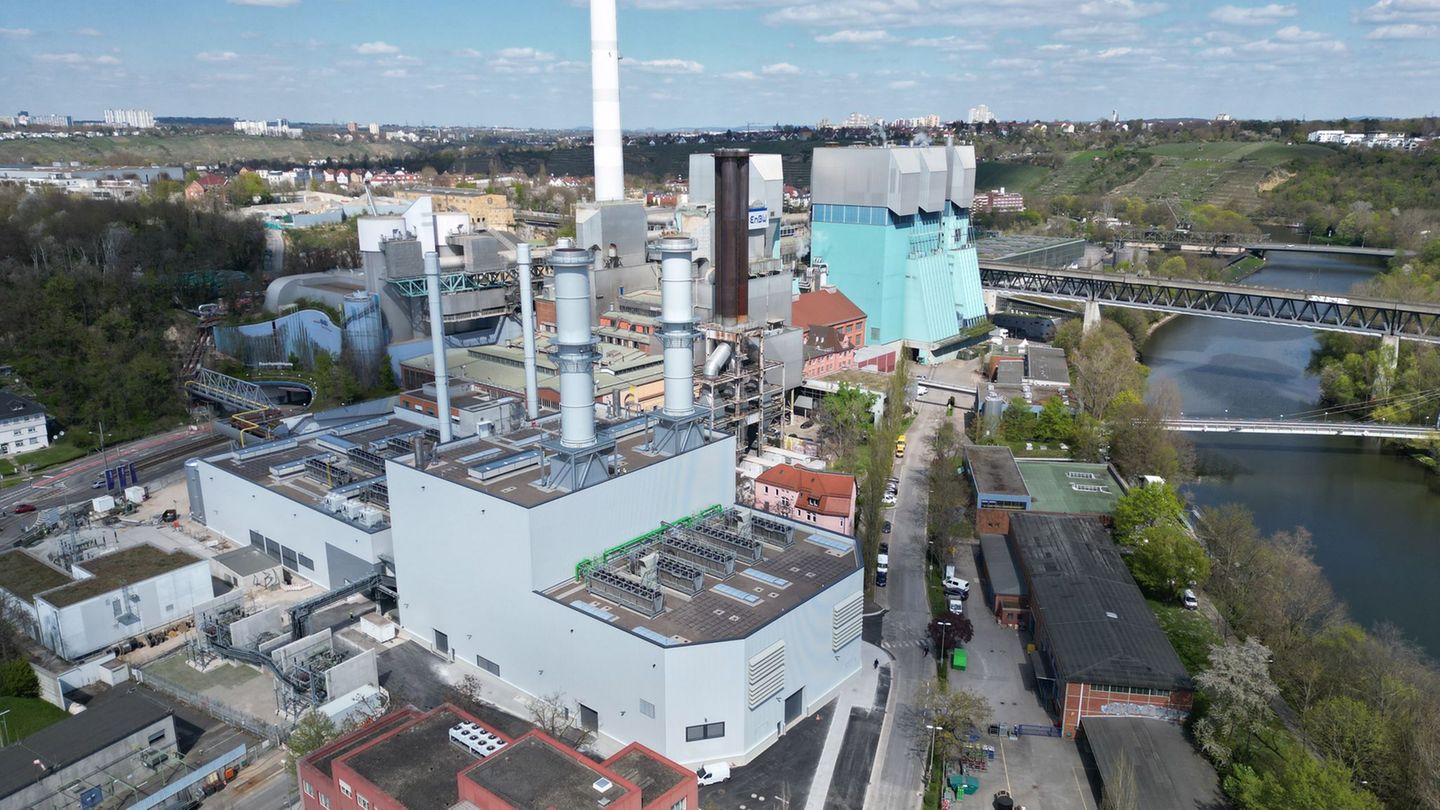I have been working in the news industry for over 6 years, first as a reporter and now as an editor. I have covered politics extensively, and my work has appeared in major newspapers and online news outlets around the world. In addition to my writing, I also contribute regularly to 24 Hours World.
Menu
Cabinet: Law is intended to make attacks on critical infrastructure more difficult
Categories
Most Read
Ukraine war: US media: Trump-Putin meeting moved into the distance
October 21, 2025
No Comments
Hamas hands over two more coffins containing dead hostages
October 21, 2025
No Comments
Russian diplomacy: Tensions with the USA: Venezuela receives encouragement from Moscow
October 21, 2025
No Comments
Ukraine war: US media: Trump-Putin meeting in Budapest unclear again
October 21, 2025
No Comments
Cityscape debate: Daughters’ demonstrations against Merz – Chancellor thinks everything has been clarified
October 21, 2025
No Comments
Latest Posts

Villarreal-Barcelona in Miami canceled after protests in Spain
October 22, 2025
No Comments
October 21, 2025 – 21:22 The organizing company Relevent Sports suspended the historic match that LaLiga planned to play in the US, thus frustrating Javier

Boca: Luis Advíncula is accused of crashing the wrong way and trying to escape
October 21, 2025
No Comments
October 21, 2025 – 20:03 The Peruvian player was reported to court. Images of the accident were known. X.com The side of Boca Juniors, Luis

How much are the jewels stolen from the museum valued at?
October 21, 2025
No Comments
The prosecutor, who described the robbery as “extremely spectacular,” assured that the investigation into the theft of the French crown jewels is advanced with the
24 Hours Worlds is a comprehensive source of instant world current affairs, offering up-to-the-minute coverage of breaking news and events from around the globe. With a team of experienced journalists and experts on hand 24/7.

